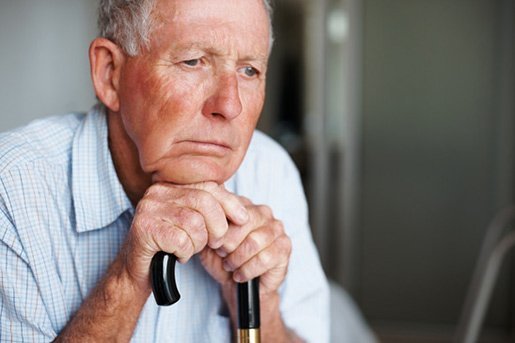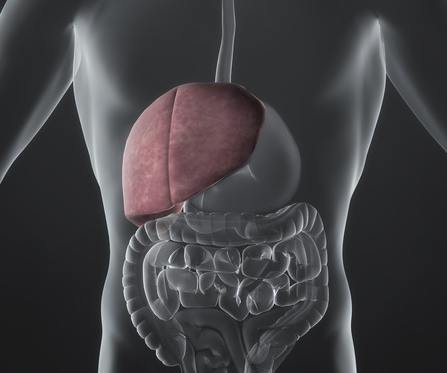Alcohol consumption can affect the body in several ways. For individuals who are suffering from diabetes, the complications usually increase with the consumption of alcoholic beverages. Diabetics have to control and keep blood sugar levels at a minimum. But alcohol does not assist in any manner to keep blood sugar levels under control. Alcohol consumption is similar to eating foods with high amounts of sugar. Calories gained by consuming alcohol and high fatty foods are nearly the same. This article will help you understand the relationship between alcohol and diabetes.
Diabetes
Diabetes is so prevalent in the world today that practically everybody knows what it is. There are two distinctly different types of diabetes – type one and type two. In type one diabetes, the pancreas produces little or no insulin (the hormone which regulates the amount of sugar in the blood). This type of diabetes is common in children, however it can also affect adults. It is also referred to as insulin dependent diabetes.
Type two diabetes is more prevalent and it has been estimated that ninety five percent of diabetes sufferers have type two diabetes. In type two diabetes, the body actually produces insulin, however either in inadequate amounts or the insulin secreted by the pancreas is not efficient. It is also referred to as diabetes mellitus.
Diabetes and Alcohol
Alcohol consumption by diabetics, even in moderate quantities, can result in the increase in blood sugars. Drinks such as beer and sweet wine contain carbohydrates that cause a dramatic increase in the amount of sugar in the blood. Here are a few other ways that alcohol consumption can affect diabetes:
1. Alcohol consumption alters insulin secretion and can affect the way medications are absorbed by the body.
2. While moderate quantities of alcohol can cause blood sugar to increase, too much alcohol can actually reduce the amount of sugar in your blood, at times causing it to reduce to dangerous levels.
3. Excess alcohol consumption can result in high blood pressure as well as an irregular heartbeat.
4. Drinking excessive alcohol can increase the quantity of triglycerides within the blood, which can contribute to heart ailments.
5. Drinking too much alcohol can also lead to increased heart rate, slurred speech, feeling of nausea plus some other health conditions.
6. Alcohol increases your appetite, which can lead to overeating and might interfere with your ability to control blood sugar.
7. Research shows that diabetes sufferers with nerve damage should avoid consuming alcohol completely, because it is poison for the body, particularly for the nerves. In fact, even occasional alcohol consumption can increase the symptoms linked with nerve damage, like pain and numbness within the extremities.
Alcoholism and Liver Function
Alcohol is not metabolized like other carbohydrates. It enters directly into the blood and is broken down by your liver. The extra job of alcohol metabolism interferes with the ability of the liver to regulate the amount of sugar in the blood. Thus, if you are suffering from diabetes, think twice before you consume alcohol.
Diabetes and Alcohol Drinking – Dos and Don’ts
If you are a diabetic, it is best that you totally avoid consuming alcohol. Consuming this drink does not help in any manner to reduce the problems of diabetes. But, if you are an alcoholic and find it hard to stop this habit, you should take the following precautions.
1. Alcohol should be consumed slowly. Drinking large quantities of alcohol very quickly results in a sharp reduction in blood sugar.
2. It is recommended to drink alcohol together with food. The food you consume, particularly protein rich foods, can help reduce the rate at which alcohol is absorbed into your bloodstream.
3. Consume only two drinks of alcohol per day.
4. Mix liquor with water as this will help reduce its effect on your body.
5. You should avoid sweet wines and sugary mixed drinks.
6. Drinking alcohol immediately after engaging in exercise is not advised. This is because exercise can also reduce blood the amount of sugar in the blood.
This article has talked about the relationship between diabetes and alcohol. If you must consume alcohol, only drink moderately and when blood sugar is under control. In addition, speak with healthcare professionals because they can provide counsel on an individual basis. There are many groups and centers that can offer help with drinking.

